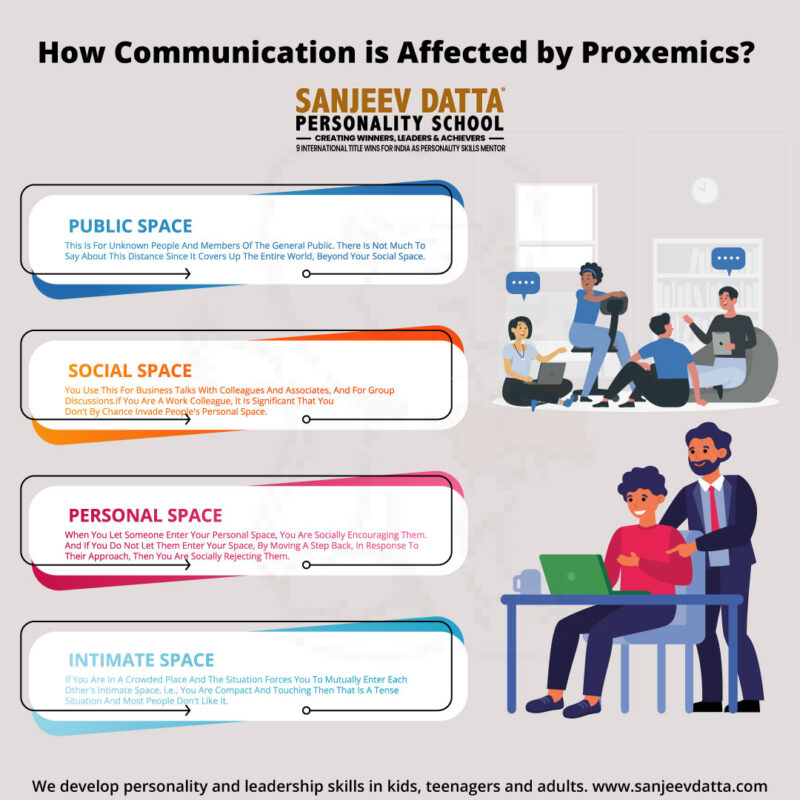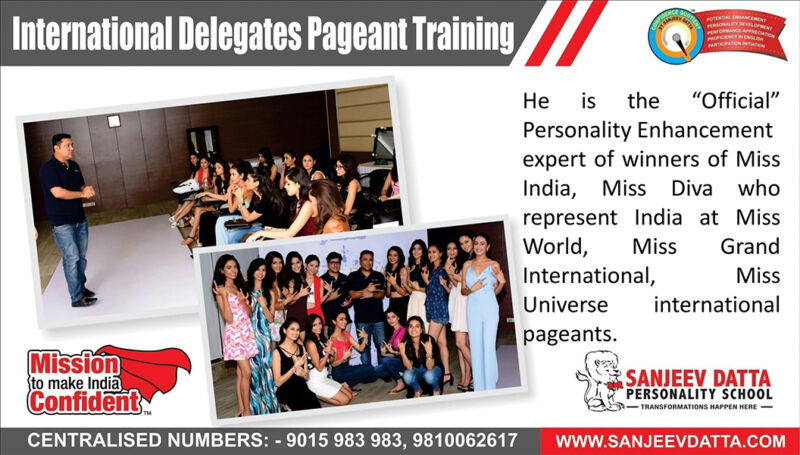Inevitably, there will be disagreements. When people’s interests, needs, or opinions conflict, tensions can occur in interpersonal relationships, the workplace, and the community. Conflict, however, need not always result in disastrous consequences. Disagreements can be settled and even transformed into learning experiences with the help of effective conflict management techniques. In this piece, we’ll look at different conflict management techniques.
Conflict Management Techniques
- Communication

The best way to work over disagreements is to talk it out. Anger, defensiveness, and emotionality are all common responses to confrontation. Effective communication might be challenging under these conditions. That’s why it’s so important to foster an environment where people may feel comfortable sharing their experiences and perspectives without fear of reprisal. One of the most important aspects of successful conversation is attentive listening. Paying close attention, asking questions, and restating the other person’s words in your own words are all part of active listening. Misunderstandings and poor communication are often the root causes of heated arguments, but this method can help prevent them.

2. Accommodation

To accommodate means to prioritize the demands of another person before your own. This strategy works well when you have a power imbalance with the other party or when the stakes of the argument are low. Allowing the other person to make decisions and choices while accepting the results is what is meant by “accommodating.” Maintaining peace and avoiding confrontations by being accommodating is possible. Too much of it, however, can breed anger and discontent. Consequently, it is important only to employ accommodation when necessary and to work towards finding a solution that works for everyone involved.
3. Compromise

Finding a compromise that both parties can live with is the goal of the negotiating process. When parties to a conflict have divergent interests or aims, finding a middle ground through compromise can be beneficial. As per the best corporate coach of India, finding common ground requires each side to assess what’s most important to them and what they can live without. The next step is to brainstorm potential solutions until one is agreeable to both sides. Although it can be difficult to compromise, doing so can be beneficial in the long run.
Visit: causes of negative attitude
4. Avoidance

Avoiding a fight can be the best option in some situations. The tactic of avoidance entails evading or putting off a confrontation until a more convenient time. When the issue is not crucial, and a resolution is improbable, avoiding it can be a smart strategy. When feelings are running high, and reflection and calming down is both necessary, avoiding the situation might be helpful. Avoidance, however, is not a viable option because it can leave problems unaddressed, which can reappear later. So, one should only resort to avoidance when necessary, and work should ultimately be done to confront the dispute.
5. Competition

To compete is to engage in an all-out effort to achieve victory. When parties to a quarrel have divergent interests or aims and cannot agree, this method can be helpful. To succeed in competition, one must resort to all means necessary to obtain an upper hand over one’s rivals. While healthy competition can help get things done, it also has the potential to harm relationships. Hence, competition ought to be the last alternative, with efforts being made to find a solution that benefits all parties.
6. Mediation

A mediator is an impartial third party who is brought into a dispute to help the parties talk things out and reach an agreement. It should be a part of every personality development training. A mediator might be an impartial third party who is trusted by both parties or a skilled professional. Mediation can be helpful when parties can’t communicate effectively or when numerous people disagree. The mediator’s job is to assist the parties in clarifying their concerns, improving their communication, and considering other approaches to resolving the conflict. The mediator’s role is to encourage communication and avoid taking sides. Conflict resolution through mediation helps keep the peace, saves money, and keeps people out of court.
7. Negotiation

Negotiation is talking to other people and convincing them to come to an agreement that benefits everyone involved. Negotiation can be fruitful when there is a possibility for compromise between parties with divergent goals or interests. To obtain an agreement through negotiation, both parties must be willing to compromise and look for areas of agreement. Successful negotiators have strong interpersonal and communication skills, are creative problem solvers, and deeply appreciate the other party’s position and objectives. Both personal disagreements and corporate transactions might benefit from the negotiation process.
Visit: how to improve negotiation skills
8. Collaboration

Any successful collaborative effort aims to arrive at a final product that satisfies all parties involved. This method works well when the parties involved all want the same thing. To collaborate effectively, team members must put aside their differences and work together to discover a solution that benefits everyone involved. Working together requires coming up with creative solutions to problems and determining which ones have the most promise. People are more likely to come up with a solution that is original, useful, and sustainable if they work together. Collaborating also aids in establishing reliable connections between individuals.
Visit: secrets to effective teamwork
Conclusion
Effective conflict resolution and relationship maintenance necessitate the use of conflict management strategies. Depending on the circumstances, one may employ various conflict management techniques like effective communication, collaboration, compromise, avoidance, accommodation, competition, mediation, or negotiation. Using the right method and going into the disagreement with an open mind, being ready to listen, and determination to find a win-win solution are essential for a positive outcome. Conflicts, armed with these resources, can be converted into learning experiences.
Why Sanjeev Datta Personality School?
For the past two decades, Sanjeev Datta has served as an indelible mentor, philosopher and guide to thousands of individuals. A recognized authority in leadership development, theatre-induced-confidence building measures and inculcation of peak performances; Sanjeev Datta has consistently been working towards humanitarian endeavors. He even invented the unique and rare Theatrical Action Method (TAM) to boost confidence in kids/individual.
He is the formulator of unique & scientific “Theatrical Action Method” for personality transformation & personal development that helps in boosting confidence and transforming personality.
For more, contact us now!


